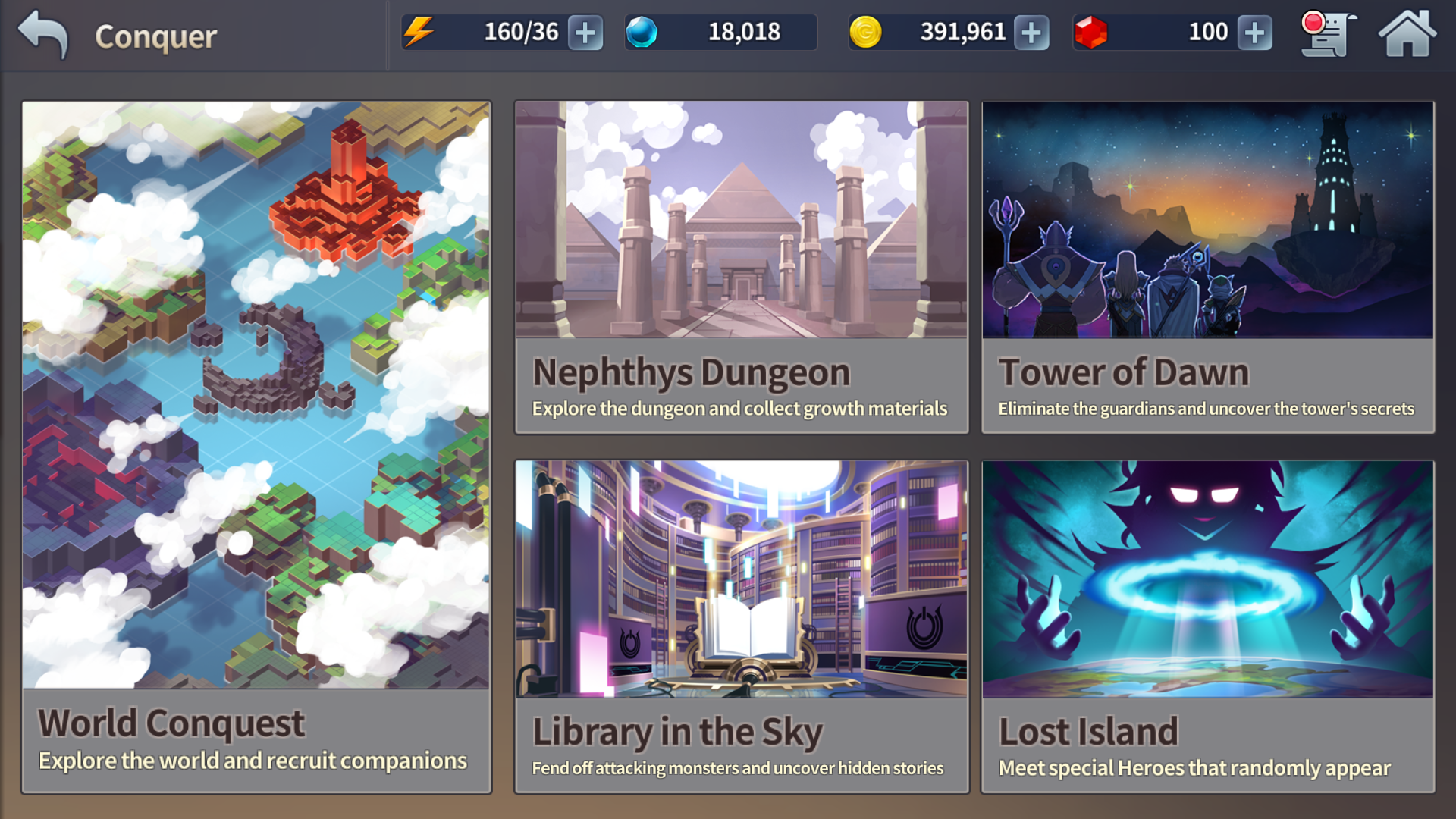


The original translation isn’t the best in the world, but there are some very memorable lines from it and it’s all quite readable. The plot is easily one of FF’s best, at least for the first half: full of medieval political intrigue, backstabbing, rebellion, a church vying for power, demons, and the truth behind the ending of a war. For example: a more faithful unit will heal and do more damage with magic, but can also be hurt even more by magic and if Faith gets too high they’ll leave your party to find God! Every unit can truly become your own creation, and you’ll probably be spending most of your time in the Formation screen. Each unit also has a Brave and Faith category, determining certain formulas. You can even recruit monsters, who lay eggs of eventually stronger monsters. There are a large amount of these, and it affords a humongous amount of customization with more depth than any other game before it with Jobs. Each one can have two action ability sets (one which the selected Job must always have, the other you can chose from any other Job you have skills purchased in), a reaction ability, a support ability, and a movement ability. You raise up a team of units on your own through a normal Squire or Chemist to a whole bunch of more advanced Jobs.

The game takes place on a 3D plane with 2D sprites, running similar to other SRPGs for the most part. Oh Job System, what can’t you accomplish? Decidedly more Tactics Ogre than FF, this spinoff decides to take the battle systems for a spin on the SRPG circuit.


 0 kommentar(er)
0 kommentar(er)
